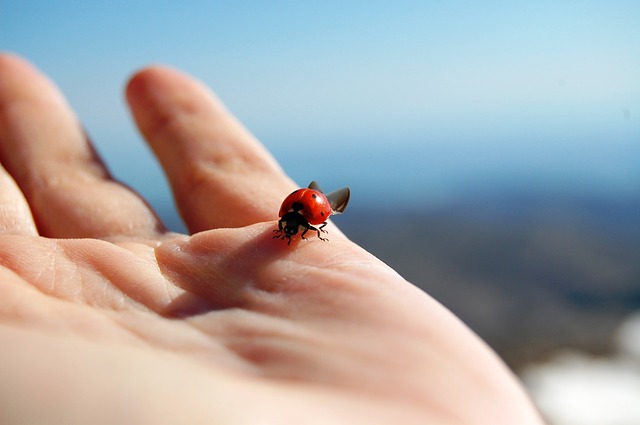
Contributor: Billie-Jo Stuto, LCSW, LCADC, CCS, Program Director, GenPsych PC
A new year brings opportunity to reflect on the past and plan for the future. There are some things that people do that they may not be proud of or feel like they should know better but do them anyway. A lot of this is done in a state of mindlessness.
It is natural to operate on a daily basis by going through the motions and not giving a lot of thought to the task at hand or the potential outcome of the action.
In a fast paced, instant gratification, rush-rush world, it has become expected to multi-task, be versatile, and look for a quick fix. It is not okay to think, feel, or be in the present moment. People would like to think that adults are more mindful and only teens or young adults act on a whim.
Mindless Behaviors Affect Everyone
Like addiction issues, mindless behaviors can occur at any age and impact everyone involved. Please take a minute to reflect on the following scenarios.
Have you ever:
- Taken medication that a friend or family member gave you?
- Taken more of a medication hoping you will get faster results?
- Taken medications to not feel emotional pain?
- Taken medication with alcohol?
If you answered yes to any of these questions, you are not alone. It is common to see and hear about prescription drug abuse being an epidemic. Most of the time people don’t think they are in that statistic as they don’t have an addition issue.
Mixing Drugs and Alcohol Doesn't Just Hurt Addiction
Even people without addiction issues can become a statistic by the sole act of mixing alcohol with medication as there could be harmful interactions. There are at least two types of reactions that could possibly occur.
A synergistic reaction is when two or more substances together can create an unexpected and unpredictable effect. A potentiation reaction is when two or more substances enhance or intensify the others effects greater than using the one substance alone. Everybody is unique and it is unknown how a combination may affect you.
Common Reactions of Mixing Prescription Drugs and Alcohol
According to the National Institute on Alcohol Abuse and Alcoholism also known as NIH, there are common reactions that may occur such as:
- headaches
- drowsiness
- fainting
- loss of coordination
and possibly more serious reactions such as
- heart issues
- breathing difficulty
- internal bleeding
In addition to prescription medications presenting a risk, NIH also encourages people to be mindful of the harmful effects of taking over the counter (OTC) medications as well as herbal products with alcohol.
Besides having a possible synergistic or potentiation reaction, alcohol can make a medication less effective or even harmful to your body. (NIH Publication No. 13-5329 Harmful Interactions, Published 2003, revised 2014)
Stay Mindful About Alcohol Behavior
 In summary, please remember that anyone is at risk for a dangerous reaction when combining alcohol with medications.
In summary, please remember that anyone is at risk for a dangerous reaction when combining alcohol with medications.
People make mistakes all of the time by not stopping to think before an action especially when feeling rushed. Everyone is encouraged to practice the skill of mindfulness, be in the moment and give yourself time to reflect!
Community Discussion – Share your thoughts here!
Have you experienced a negative reaction from combining alcohol and prescription medication? What are your thoughts on providing education for people to avoid making this mistake?
The opinions and views of our guest contributors are shared to provide a broad perspective of addiction. These are not necessarily the views of Addiction Hope, but an effort to offer discussion of various issues by different concerned individuals.
Last Updated & Reviewed By: Jacquelyn Ekern, MS, LPC on January 7th, 2015
Published on AddictionHope.com
